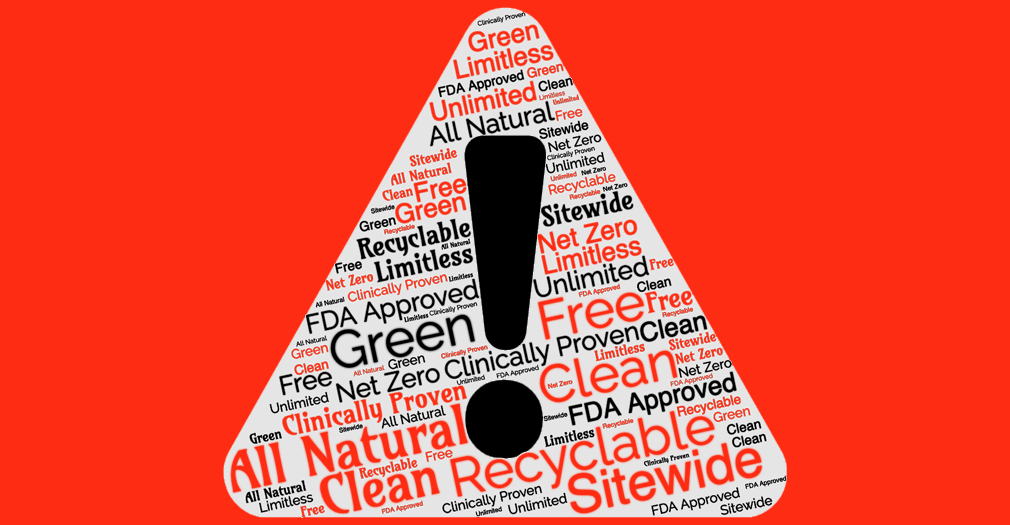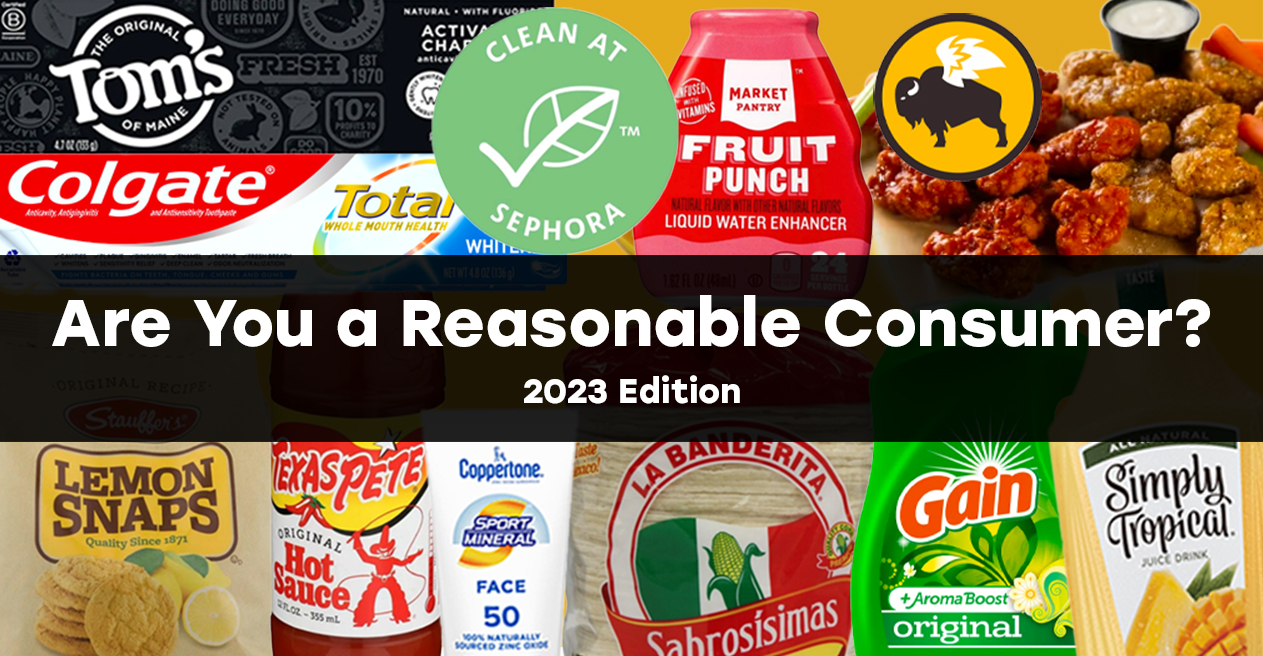
CATrends: Deceptive ‘Plant-Based’ Claims
A deceptive marketing trend takes root.
The bottom line? Toothpaste tubes aren't generally getting recycled.
In the toothpaste wars, Colgate won the battle to become the first company to market a so-called “recyclable” tube for its Tom’s of Maine brand. But Crest wasn’t far behind, debuting its “recyclable” tube less than a year after Colgate in January 2021.
“Toothpaste tubes are used by millions of consumers every day; however, its multi-material construction poses a challenge for recycling facilities around the globe,” Crest’s parent company Procter & Gamble said in a December 2020 press release announcing the new “recyclable” packaging.
The solution to this is the HDPE – High-Density Polyethylene – tube, which provides the same product protection as current tubes, and which has been certified by North American and European recycling bodies to be compatible with existing recycling technologies. These HDPE tubes can be recycled where collection programs exist.
Today, Crest markets its toothpaste tubes as “Recycle Ready,” placing the phrase on the front of packaging directly next to the universal recycling symbol.
While Crest doesn’t specifically define what it means by “Recycle Ready,” a reasonable takeaway – particularly in light of its placement next to the chasing arrows symbol (which the vast majority of consumers believe represents that the product is “definitely” recyclable) – is that you can toss the tube in your home recycling bin and it will get recycled.
However, that’s not exactly what’s happening.
While HDPE plastic is easier to recycle than other types of plastic, the size and shape of toothpaste tubes, along with their similarity in appearance to other non-recyclable products, mean that the tubes aren’t generally getting recycled but rather are being sent to landfills.
This is something TINA.org discovered in its 2023 investigation into Colgate’s recyclable claims for its Colgate and Tom’s of Maine toothpaste tubes, which are also made of HDPE plastic. Following its investigation, TINA.org alerted regulators to the deceptive marketing.
Cracks in Crest’s recyclability claims appear in a disclaimer on the back of packaging that states:
Recycle tube with #2 plastics wherever tubes are collected for recycling. This tube may not be recyclable in your area. Learn more at crest.com/recycling.
The Crest recycling page doesn’t contain any information about recycling the toothpaste tube via curbside recycling. Rather, it discusses Crest’s Recycle On Us program where consumers are required to mail toothpaste tubes and other Crest products to the company so that it can recycle them.
Perhaps not the process that you had in mind when you saw the front of packaging.
While the FTC doesn’t specifically address the term “recycle ready” in its Green Guides, which are designed to help marketers avoid making misleading environmental claims, the Guides advise marketers that products should not be marketed as recyclable – either directly or by implication – unless they:
can be collected, separated, or otherwise recovered from the waste stream through an established recycling program for reuse or use in manufacturing or assembling another item.
TINA.org reached out to Crest for comment. Check back for updates.
Find more of our coverage on recyclable claims here.
Our Ad Alerts are not just about false and deceptive marketing issues, but may also be about ads that, although not necessarily deceptive, should be viewed with caution. Ad Alerts can also be about single issues and may not include a comprehensive list of all marketing issues relating to the brand discussed.
A deceptive marketing trend takes root.
These definitions are a joke.
See how you stack up.

